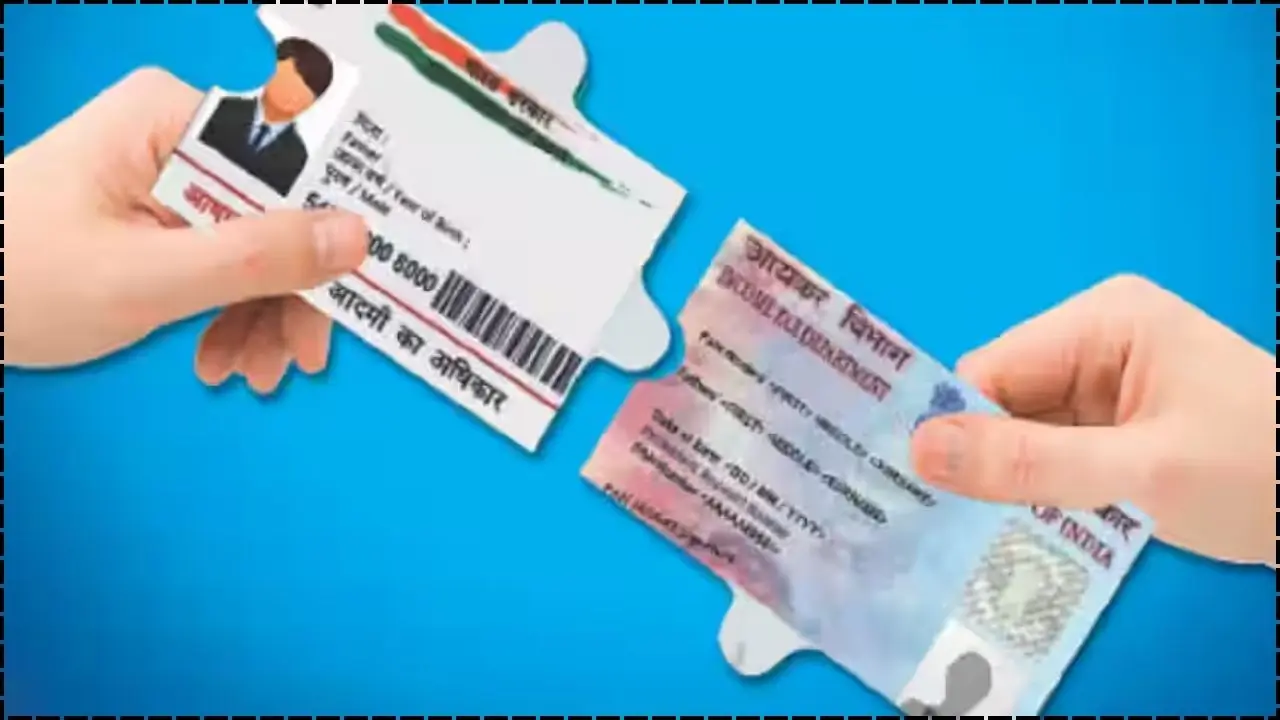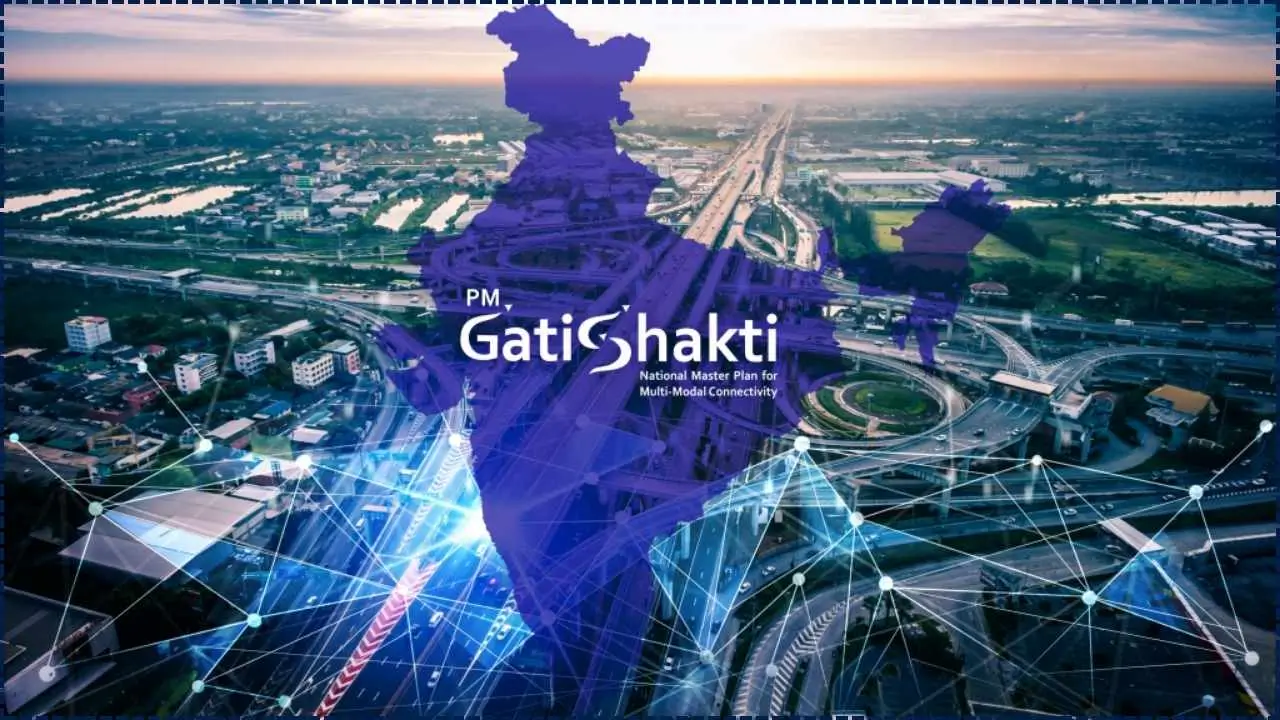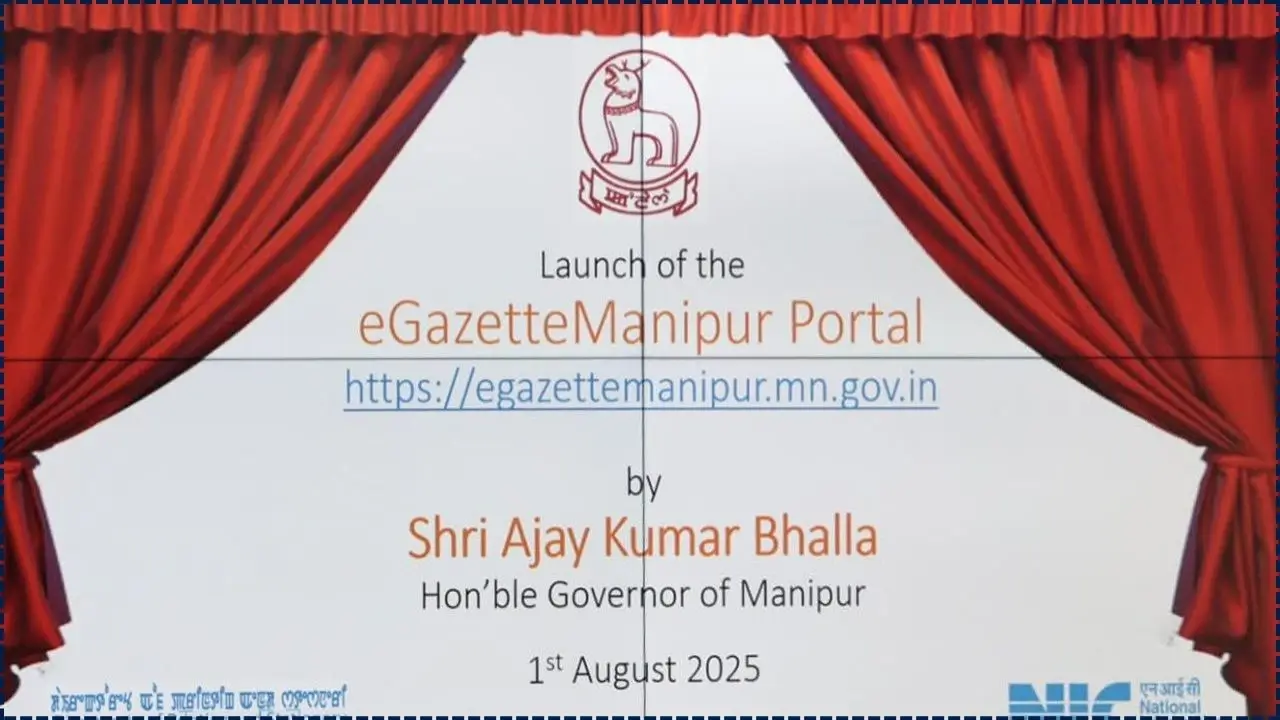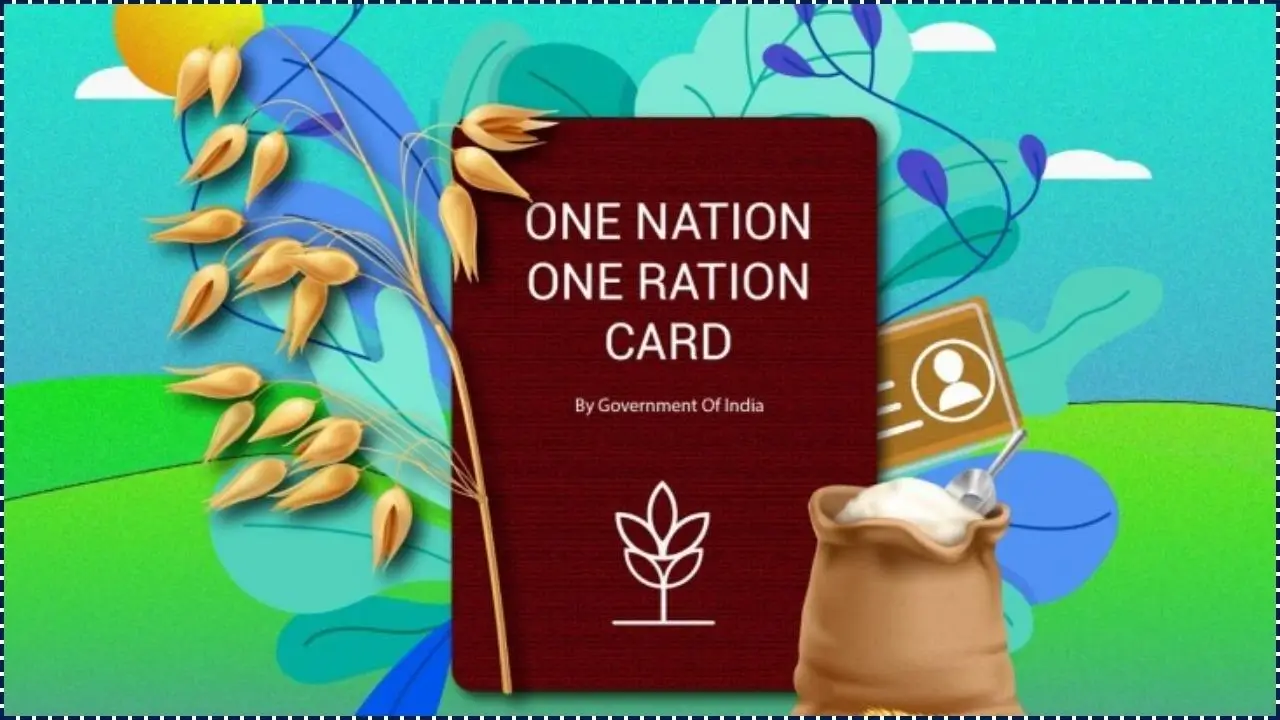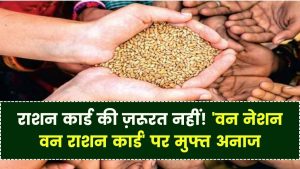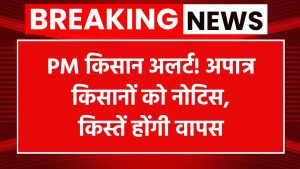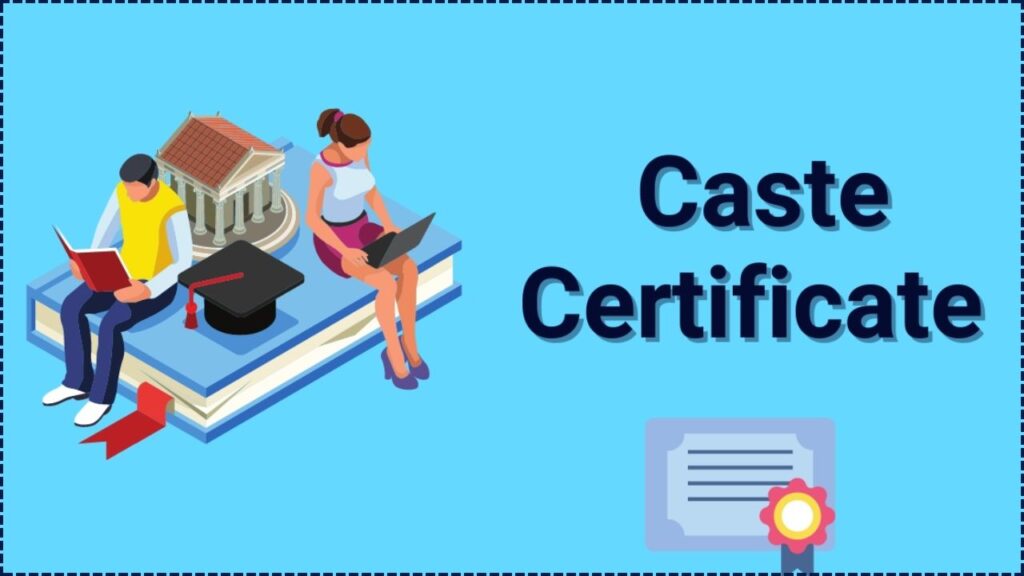
India’s transition to online caste certificate applications through state portals reflects a compassionate commitment to empowering citizens, particularly those from marginalized and underserved communities, by simplifying access to a vital document that affirms identity and unlocks essential opportunities for education, employment, and social welfare.
By enabling applicants to register, upload documents, and track their applications electronically, this digital process reduces delays and eliminates the burden of in-person visits, fostering dignity and inclusion for all.
This transformative initiative unites state authorities, communities, and individuals in a shared mission to create an equitable, accessible system, ensuring every citizen can navigate the process with ease and confidence, paving the way for a more inclusive and hopeful future across India.
Table of Contents
Why the Caste Certificate Matters
A caste certificate is a legal document issued by state governments to individuals belonging to Scheduled Castes (SC), Scheduled Tribes (ST), or Other Backward Classes (OBC). It is required to access reservation benefits in education, employment, and welfare schemes, as well as for certain legal protections. According to the Ministry of Social Justice and Empowerment, over 200 million citizens rely on these certificates for availing government entitlements.
Applying Online: General Procedure
Visit the State Portal
Each state offers its own official e-governance website, such as Seva Sindhu (Karnataka), e-District (Delhi, Uttar Pradesh), or MahaOnline (Maharashtra). Applicants must register on the respective platform with a valid mobile number and email ID.
Complete the Application Form
The applicant fills in personal details, caste category, family information, and reason for requesting the certificate. Aadhaar authentication is often used to validate identity.
Upload Supporting Documents
Key documents typically required include:
- Aadhaar card or voter ID
- Birth certificate or school leaving certificate
- Proof of residence
- Caste proof of parents or relatives (where applicable)
Submit and Pay Fees
A nominal application fee is charged, varying by state. Payment is made online through net banking, debit cards, or digital wallets.
Verification and Issuance
The application is forwarded to the local revenue or caste verification officer. Once approved, the certificate can be downloaded digitally, while some states also provide a physical copy by post.
Related Links
Understanding Land Records in India: A Guide to Digital Ownership Records
All you Need to Know About Linking Aadhaar with PAN
Simplifying the Process: How to Obtain a Birth Certificate in India
Variations Across States
Although the framework is broadly similar, requirements and timelines differ. For example, Tamil Nadu allows self-declaration in certain cases, while Madhya Pradesh mandates village-level verification. Processing time typically ranges from 7 to 21 working days, depending on the state.
Challenges and Transparency Efforts
Despite digitization, applicants often report delays due to manual verification at the local level. According to the National e-Governance Division, efforts are underway to link caste certificate databases with Aadhaar and other records to reduce duplication and fraud.
Digital issuance also increases accountability by enabling status tracking and reducing middlemen. However, experts argue that uniform standards across states would further streamline the system.

